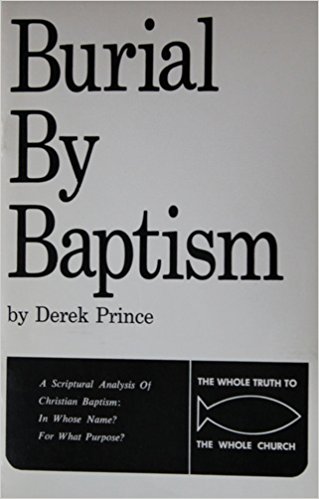- May 6, 2016
- 263
- 100
- Country
- United States
- Faith
- Pentecostal
- Marital Status
- Private
- Politics
- US-Republican
To start off my post here, I am not intending on starting any kind of argument here. I am simply trying to start a discussion for self-proclaimed Pentecostals and Charismatics to discuss how their movements/teachings are similar and dissimilar.
From general Internet information, I have gathered that both the Pentecostal and Charismatic are fairly knew (or, at least when in comparison to other Christianity movements, anyhow).
Pentecostalism --- a renewal movement within Protestant Christianity that places special emphasis on a direct personal experience of God through the baptism with the Holy Spirit
Charismatics (Charismatic Christianity) --- a form of Christianity that emphasizes the work of the Holy Spirit, spiritual gifts, and modern-day miracles as an everyday part of a believer's life.
I realize that these definitions may not be 100-percent precise. And yes I do know that their are several movements that consider themselves "Pentecostal" or "Charismatic", but that don't generally share many fundamentalist beliefs common within the two movements.
As a Pentecostal, I have been interested in finding just what do the Pentecostals and Charismatics have common. As I understand, they are both Full Gospel churches by default, and that their roots are generally traced back to the 1906 Asuza Street Revival. They each encourage their followers to seek the infilling of the Holy Spirit, although their teachings on the "initial evidence" of Spirit baptism is not quite the same.
Should the terms Pentecostal and Charismatic be used interchangeably? Are churches that preach and practice the movement of the Holy Spirit within their services both Pentecostal and Charismatic by default?
Again, I am not trying to start any kind of fuss or argument here. I am simply wanting to kick-start a discussion about the differences and similarities between the ever-growing Pentecostal and Charismatic movements.
From general Internet information, I have gathered that both the Pentecostal and Charismatic are fairly knew (or, at least when in comparison to other Christianity movements, anyhow).
Pentecostalism --- a renewal movement within Protestant Christianity that places special emphasis on a direct personal experience of God through the baptism with the Holy Spirit
Charismatics (Charismatic Christianity) --- a form of Christianity that emphasizes the work of the Holy Spirit, spiritual gifts, and modern-day miracles as an everyday part of a believer's life.
I realize that these definitions may not be 100-percent precise. And yes I do know that their are several movements that consider themselves "Pentecostal" or "Charismatic", but that don't generally share many fundamentalist beliefs common within the two movements.
As a Pentecostal, I have been interested in finding just what do the Pentecostals and Charismatics have common. As I understand, they are both Full Gospel churches by default, and that their roots are generally traced back to the 1906 Asuza Street Revival. They each encourage their followers to seek the infilling of the Holy Spirit, although their teachings on the "initial evidence" of Spirit baptism is not quite the same.
Should the terms Pentecostal and Charismatic be used interchangeably? Are churches that preach and practice the movement of the Holy Spirit within their services both Pentecostal and Charismatic by default?
Again, I am not trying to start any kind of fuss or argument here. I am simply wanting to kick-start a discussion about the differences and similarities between the ever-growing Pentecostal and Charismatic movements.

